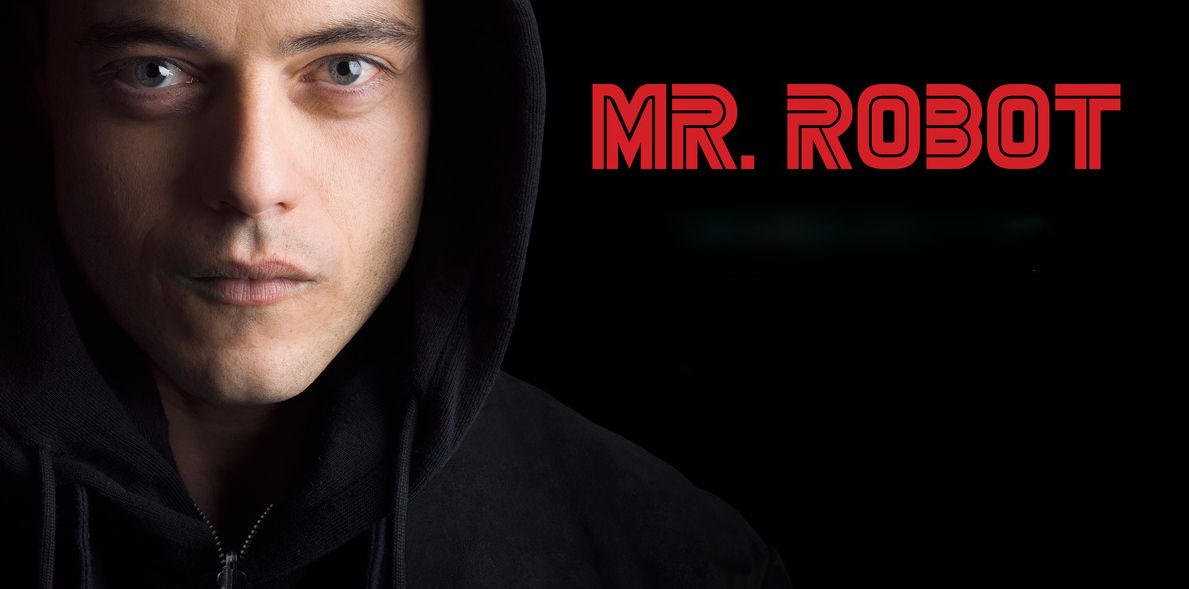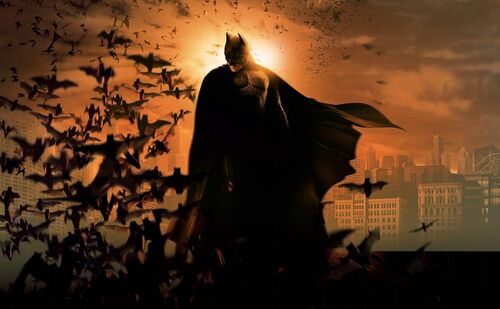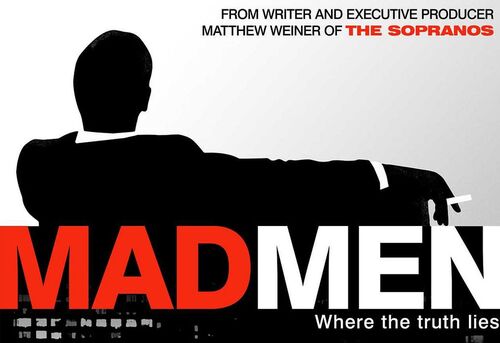
Mr. Robot Season 1 (2015) TV Review
 It is impossible not to fall in love with Mr. Robot if only for the relevancy of its modern themes. In twisting its narrative to fit its sub-textual intentions, Sam Esmail has created a show so poignant and daring that its twists are only the sides on a truly satisfying dish.
It is impossible not to fall in love with Mr. Robot if only for the relevancy of its modern themes. In twisting its narrative to fit its sub-textual intentions, Sam Esmail has created a show so poignant and daring that its twists are only the sides on a truly satisfying dish.
The show is a triumph, a perfectly oiled and running machine. Its writing is slick and electric, bouncing from one interaction to another, building on the last reveal but never wasting time lingering on it. It never fails to forward the narrative or the character. Everything happens for a reason, which is an easy enough thing to expect from any decently budgeted narrative. But it's so meticulous here. Its characters, by extension, become multilayered before our very eyes, but we only notice it when a corner is turned and it feels as fitting even as it is gloriously unexpected. There's no shortage of narrative necessity here, a complete understanding of each character.
Its final two episodes prove that Esmail had the utmost confidence in his creation. It blacks out its central character and us during the opening stages of what the entire season builds towards, but the show was never about what they would do tomorrow. As Darlene (Carly Chaikin) puts it, it's about what they had done. Elliot's attempt to understand exactly what he had done is the only way he could turn his attention to what happens next.
And season 1 is less interested in closing the book. In fact, it lacks closure on many fronts but leaves us with a desperate craving to learn what's next. Perhaps the only other occasion where the show threatens to falter is at about the midway point, bringing Elliot's relationship with Shayla (Frankie Shaw) to the fore in what could be described as a detour. But as with everything else in this ten episode opener, the ramifications justify it.
Rami Malek gives perhaps the best TV performance of 2015 with his work as Elliot, the complex and, to put it mildly, socially absent hacker who uses his skills to help others ala Dexter, and his awareness of his questionable ways of dealing justice is juxtaposed by his early attempt to convince us, his imaginary friend, that he doesn't have a drug problem.
Angela Moss (Portia Doubleday) is essentially our tie to the real world, the relative normalcy in a world of smart and powerful people (often they're one or the other, but occasionally they're both). Her arc is, against the odds, fascinating, and the character certainly goes to some interesting places. Ollie's (Ben Rappaport) role in the story ends with her, and there's not a lot there to salvage from a pretty simple character.
Christian Slater is fascinating as the titular Mr. Robot, the leader of a small group of people dedicated to bringing an end to conglomerate rule and clearing debt across the nation. While this bizarre band of vigilantes is made up of enjoyable and curious characters, they're unevenly handled and motives are less important unless that particular player has a larger role later on. Which is fine, considering they're certainly background characters for the most part.
But there's something so alluring about their mission. In a way not dissimilar to modern post apocalyptic tales, it offers a clean slate. Where it does differ is in its timing. This isn't about what comes next. It asks the question: can a dedicated group of intelligent and devoted people contribute to that clean slate? To a fault, it's clearly reliant on Malek's Elliot, because we're told his team of hackers are all brilliant but they do very little except, as one member says grudgingly, clean up after him.
A fittingly digital soundtrack really excels each action sequence, creating an intoxicating energy that almost single-handedly tilts your seat, forcing you to the edge and daring you to get involved. When it isn't relying on Mac Quayle's original composition, it features tracks from artists like M83 that fit into respective scenes like the perfect, final puzzle piece.
Mr. Robot was during its run compared to Fight Club, and indeed there are clear inspirations to be drawn from what many consider a cult classic. Ultimately this one's in a class of its own. It handles its web of intricate plot-lines and its ever looming twists with poise and keeps the string just out of our reach on a serialised level. It's not shocking because its twists are new or groundbreaking, but rather it handles them in the most commendable way, making it wholly unique to the themes it so carefully juggles.


